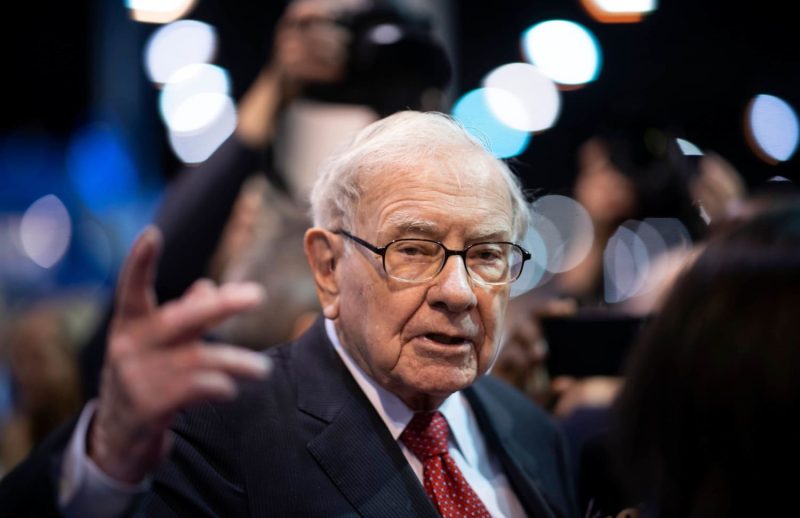Warren Buffett, one of the most renowned investors in the world, is facing a new challenge—one that concerns the use of his name and endorsement for political and investment purposes. Despite his widespread fame and influence in the financial world, Buffett has made it clear that he does not endorse political candidates or specific investments. This stance comes as a response to the growing issue of impersonators exploiting his reputation for personal gain.
In recent years, there has been a rising trend of fake endorsements attributed to Buffett, both in the realm of politics and investments. It is not uncommon to come across advertisements or articles claiming that Buffett has endorsed a certain political figure or recommended a specific investment strategy. This misuse of his name and image has raised concerns not just for Buffett himself, but also for the public who may be misled by such false endorsements.
Buffett’s longstanding commitment to integrity and transparency in his business dealings is well-documented. Throughout his career, he has emphasized the importance of ethical behavior and honesty in financial matters. Therefore, it is understandable that he would be troubled by the unauthorized use of his name for promoting candidates or investments without his consent.
The proliferation of fake endorsements not only damages Buffett’s reputation but also undermines the trust that the public places in him as a credible source of financial advice. As an icon in the world of investing, Buffett’s words carry weight, and any misrepresentation of his views can have far-reaching consequences.
In response to these concerns, Buffett and his team have taken proactive measures to address the issue of impersonators. They have issued statements clarifying his position on endorsements and have warned the public to be wary of any claims made in his name without verification. Additionally, legal actions may be pursued against those who persist in using Buffett’s name falsely for personal gain.
It is crucial for individuals to exercise caution and critical thinking when coming across purported endorsements from public figures like Warren Buffett. Checking the authenticity of sources and verifying claims before taking them at face value can help prevent falling victim to misinformation.
In conclusion, Warren Buffett’s unease over impersonators exploiting his name for endorsements serves as a reminder of the importance of authenticity and honesty in the financial world. By standing firm in his commitment to transparency and ethical conduct, Buffett sets a standard for integrity that others would do well to follow. As investors and consumers, being vigilant against false endorsements is essential in safeguarding one’s financial well-being and upholding the principles of trust and credibility in the marketplace.

























